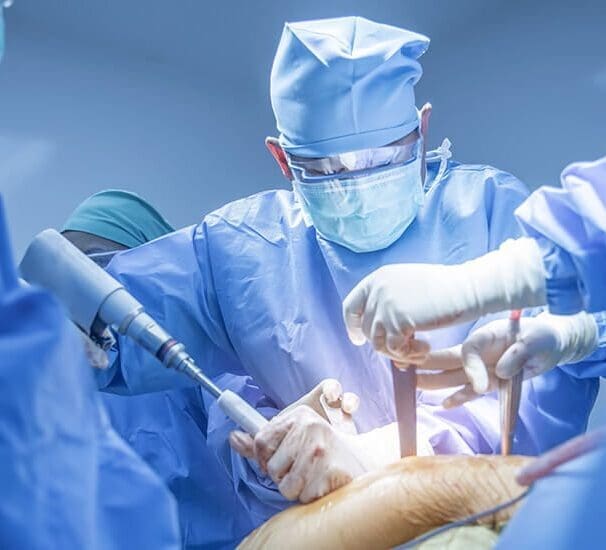HealthProviders DB is a comprehensive database of healthcare providers, including a complete directory of all Pediatric Orthopaedic Surgery Physicians.
Orthopaedic Surgery Healthcare Taxonomy Code 207XP3100X
As of today, the following are the total number of Pediatric Orthopaedic Surgery Physicians nationally, in your State, and near your location.
Select a State below to view the list by State. Additionally, you can narrow the list by city, among other options, from the Filter Panel, which you can open by clicking the vertical ellipses ⋮ in the upper right corner of the app.
Alaska – Alabama – Armed Forces Pacific – Arkansas – American Samoa – Arizona – California – Colorado – Connecticut – District of Columbia – Delaware – Florida – Federated States of Micronesia – Georgia – Guam – Hawaii – Iowa – Idaho – Illinois – Indiana – Kansas – Kentucky – Louisiana – Massachusetts – Maryland – Maine – Marshall Islands – Michigan – Minnesota – Missouri – Northern Mariana Islands – Mississippi – Montana – North Carolina – North Dakota – Nebraska – New Hampshire – New Jersey – New Mexico – Nevada – New York – Ohio – Oklahoma – Oregon – Pennsylvania – Puerto Rico – Palau – Rhode Island – South Carolina – South Dakota – Tennessee – Texas – Utah – Virginia – Virgin Islands – Vermont – Washington – Wisconsin – West Virginia – Wyoming
Medicare
The following are the total number of Pediatric Orthopaedic Surgery Physicians who accept Medicare in your State, the number who have opted out of Medicare, and the total number excluded from participation in Medicare nationwide.
The diagram below shows all the Pediatric Orthopaedic Surgery Physicians across the country, represented by blue bubbles. The larger the bubble, the greater the concentration of providers in that area. Red bubbles represent Medicare-excluded providers, with the larger bubbles indicating a higher percentage of excluded providers in that region. You can change the bubble size to be based on exclusions from the Size menu.
What do Pediatric Orthopaedic Surgery Physicians do?
Pediatric orthopaedic surgeons diagnose and treat bone, muscle, joint, and related conditions in infants, children, and adolescents, including congenital deformities such as clubfoot or scoliosis, traumatic injuries such as broken bones, bone or joint infections, and sports-related injuries.
They provide treatments such as casting, bracing, physical therapy, and surgery, utilizing specialized knowledge of a child’s developing musculoskeletal system to help them return to an active life.
What They Treat
Pediatric orthopaedic surgeons address a variety of conditions unique to children’s growth, including:
Deformities: Clubfoot, scoliosis, limb length differences, and other developmental abnormalities.
Injuries: Broken bones (fractures), sprains, and sports-related injuries.
Infections: Bone or joint infections, such as osteomyelitis.
Tumors: Bone or joint tumors.
Hip Conditions: Developmental hip dysplasia and other hip issues.
How They Treat
Their treatment plans often involve a combination of methods:
Non-surgical treatments include applying casts or braces, recommending physical therapy, and providing orthotics to aid in growth and recovery.
Surgical procedures: When necessary, they perform various surgeries, including fixing broken bones, correcting deformities, and reconstructing limbs.
Family-centered care: They focus on family-centered care, creating a comfortable environment for children and collaborating with parents to develop personalized treatment plans tailored to each child’s needs.
Why Specialized Care is Needed
Children’s bones and joints are different from adults’ because they are still growing. Pediatric orthopedic surgeons receive specialized training to understand these unique differences, ensuring that treatments are tailored to a child’s ongoing development.

